Authority & Responsibility
AUTHORITY & RESPONSIBILITY
Each member of Special Olympics Ontario, including staff, coaches, trainers, officials and participants have certain responsibilities in order to comply with the policy on risk management. The following is a list of responsibilities:
- To nurture a participation/social/competitive spirit in the confines of a safe environment.
- 2. To co-operate with other sport organizations at the community, provincial and national level to promote risk management in sport.
- Be continually aware of risk management and to assess the risk inherent in each operation or activity.
- Avoid activities that are inherently unsafe or could lead to serious accidents or injury.
- Notify Special Olympics Ontario immediately of all accidents and incidents.
- Maintain records in a businesslike manner, including loss reports, insurance policies, and risk control checklists, certificates of insurance and registration forms.
- Promptly investigate all recommendations regarding safety and risk control made by authorized inspectors and take appropriate action.
- Follow procedures and regulations as set out by Special Olympics Ontario or other sports governing bodies including development and completion of risk control checklists, registration forms and athlete profile forms.
COACH RESPONSIBILITIES
What risk management responsibilities do I have as a coach?
As a leader within the Special Olympics organization, you must take the steps necessary to protect yourself and your Program. Your goals would include the following.
- To maximize safety of athletes, volunteers and spectators
- To protect assets and reputation
- To transfer risk of financial loss through contracts and a quality insurance program
- To proactively manage claims to achieve fair settlement
As a coach, what supervisory planning am I responsible for?
Each coach needs to create a supervisory plan that includes assignments for assistant coaches and chaperones. The head coach should review each plan and provide clarification of responsibilities as needed. Some of the responsibilities of a coach include the following.
- Providing appropriate training time, instruction, conditioning and competition experiences
- Being familiar with trends in the sport
- Ensuring an appropriate venue: walk through the venue to become familiar with the medical support, rules compliance, etc.
- Familiarizing athletes with the venue surroundings and features
- Understanding athletes’ specific and unique health issues such as medications, illnesses, sensitivities or intolerances
- Coordinating transportation to and from training or competition
- Securing an on-site clothing change area that separates men and women
- Monitoring the physical and emotional condition of athletes
- Assisting with life skills for overnight situations
- Monitoring weather conditions that may affect athlete training, competition and travel to and from events
- Chaperoning special events such as dances and Opening or Closing Ceremonies
- Understanding Special Olympics and international governing bodies sport-specific rules
How does a coach conduct a sports program safely?
Preventing injuries to participants and spectators is a primary risk management objective. The participants and spectators at a Special Olympics event expect that the activity will be conducted in a reasonable and prudent manner. Section 18.6 of the Information Portal provides guidelines to assist you in developing programs and techniques to reduce the risk of injury to athletes. Areas covered include:
- Preparation—Providing proper planning for each step of training and competition.
- Environment―Selecting an appropriate venue and using proper equipment.
- Instruction and Competition—Ensuring appropriate sport skills instruction for practice and competition.
- Athlete Group Composition―Matching according to strength, size and ability
- Athlete Assessment—Continually assessing each athlete for participation in appropriate activities within his/her ability.
- Supervision―Ensuring acceptable supervision and maintaining an adequate volunteer-to-athlete ratio.
- Inherent Dangers—Informing athletes of inherent risks associated with a specific sport.
- Emergency Action Plan―Establishing and using an emergency action plan that includes. procedures for emergency medical support, postponements, cancellation, communication and incident and accident reporting.
- Medical Assistance—Medical support is to be provided at all times. The greater the risk within an activity, the higher the level of medical support required.
TRAVELLING
What risk management issues do I need to be aware of concerning traveling?
Some of the most devastating losses for nonprofit organizations involve motor vehicle accidents. To protect against the risks associated with driving while you are volunteering as a Special Olympics coach, become very familiar with the following topics that are discussed in the Special Olympics Risk Management Manual (Section L).
- Safety Policy
- Driving Responsibilities
- Guidelines for Vehicle Use
- Driver Selection, Training and Supervision
- Safe Condition of Vehicle
- Accident Procedures
- Guidelines for Borrowing a Vehicle
- Guidelines for Renting a Vehicle
- Selection of a Transportation Company
- Insurance (for Non-owned, Hired and Owned Vehicles)
Rooming Arrangements
Regardless of gender, coaches/volunteers shall not share a hotel room or other sleeping arrangement with an athlete (unless the coach is the parent, guardian, sibling, or spouse of that particular athlete). Every athlete shall have their own bed. When beds are limited, cots should be pre-ordered from the hotel/motel. If cots are not available, sleeping bags/portable mattresses are permitted, the number of athletes sharing a room in this circumstance will not exceed three.
During overnight team travel, if athletes are paired with other athletes they shall be of the same gender and should be a similar age. Where athletes are age 13 & over, coaches/volunteers would ideally stay in nearby rooms. When athletes are age 12& under, coaches/volunteers may stay with athletes. When coaches/volunteers are staying in a room with athletes aged 12 and under, they must be the same gender as the athlete and written consent must be given by the athlete’s parent (or legal guardian). If an athlete is traveling with a direct 1:1 support worker of the same gender (or familial relation), the support worker may share a room with the athlete.
Coaches/volunteers shall also not share a hotel room or other sleeping arrangement with a member of the opposite sex, unless they are of familial relation. Married athletes/coaches can be permitted to share a room with their spouse at the discretion of the community, based on room availability and cost factors.
Swimming Pools
When there is a pool present in the hotel/motel all SOO volunteers and athletes must adhere to the SOO Swimming Supervision Requirements as found in section 14.18 of the Information Portal.
If a volunteer has current and up to date NLS certification and have provided SOO with a copy; that person can supervise but they do so in the knowledge that they themselves are personally responsible/liable as we have not asked them to act as our agent. This is in place as we cannot control the environment or other bathers.



